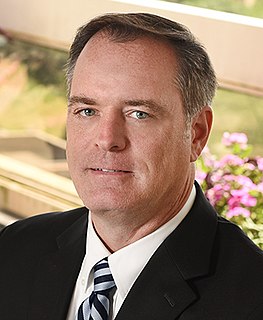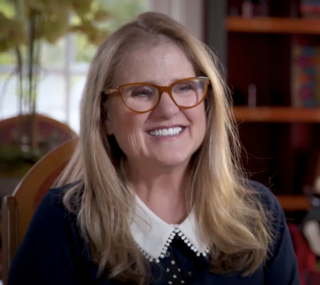A Quote by Robert Bilott
There's got to be a point in time where the reality comes home and people realize, here are the facts, and this is either not true or it is true. You've got the facts, you can make your own decision now.
Related Quotes
Many, and I think the determining, constitutive facts remain outside the reach of the operational concept. And by virtue of this limitation this methodological injunction against transitive concepts which might show the facts in their true light and call them by their true name the descriptive analysis of the facts blocks the apprehension of facts and becomes an element of the ideology that sustains the facts. Proclaiming the existing social reality as its own norm, this sociology fortifies in the individuals the "faithless faith" in the reality whose victims they are.
Facts are neutral until human beings add their own meaning to those facts. People make their decisions based on what the facts mean to them, not on the facts themselves. The meaning they add to facts depends on their current story … facts are not terribly useful to influencing others. People don’t need new facts—they need a new story.
I think it's my job or the artist's job, to try and find some solution or some reason to accept things. But given the grimmest reality, I feel the grimmest facts are the real facts, the true facts: that you're born, you die, you suffer, it's to no purpose, and you're gone forever, ever, ever, and that's it.
One of the dangers today is that when we don't like what the facts tell us, we just attack the facts, and we undermine the credibility of institutions. That is true not just for reporting; it's true of when people are attacking the congressional budget office, or when they're attacking certain science - that's where we can get into a dangerous realm.
Truths emerge from facts, but they dip forward into facts again and add to them; which facts again create or reveal new truth (the word is indifferent) and so on indefinitely. The 'facts' themselves meanwhile are not true. They simply are. Truth is the function of the beliefs that start and terminate among them.
In the course of the history of natural science, it always happens that profound or true thoughts or true facts were always either distorted or flattened out. The danger, especially of distortion, is particularly great in the case of orgonomy. We must be scientific, we cannot be political in these matters. And I personally declare that I will be the first to fight with all my strength, with whatever I've got against such a distortion of our principles.
No longer can we afford to stuff the brains of the young with facts. The time is too short, the necessity for results too pressing. The new education must be based on the elimination of facts except as they illustrate principles. How to use facts, not how to accumulate them, is the purpose of true education.
Facts matter not at all. Perception is everything. It's certainty. People love the president because he's certain of his choices as a leader, even if the facts that back him up don't seem to exist. It's the fact that he's certain that is very appealing to a certain section of the country. I really feel a dichotomy in the American populace. What is important? What you want to be true, or what is true?
[The scientist] believes passionately in facts, in measured facts. He believes there are no bad facts, that all facts are good facts, though they may be facts about bad things, and his intellectual satisfaction can come only from the acquisition of accurately known facts, from their organization into a body of knowledge, in which the inter-relationship of the measured facts is the dominant consideration.
All good intellects have repeated, since Bacon's time, that there can be no real knowledge but that which is based on observed facts. This is incontestable, in our present advanced stage; but, if we look back to the primitive stage of human knowledge, we shall see that it must have been otherwise then. If it is true that every theory must be based upon observed facts; it is equally true that facts can not be observed without the guidance of some theory. Without such guidance, our facts would be desultory and fruitless; we could not retain them: for the most part we could not even perceive them.



































